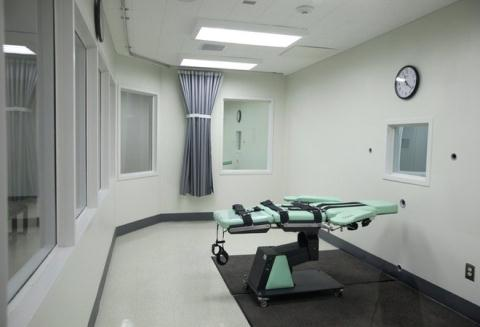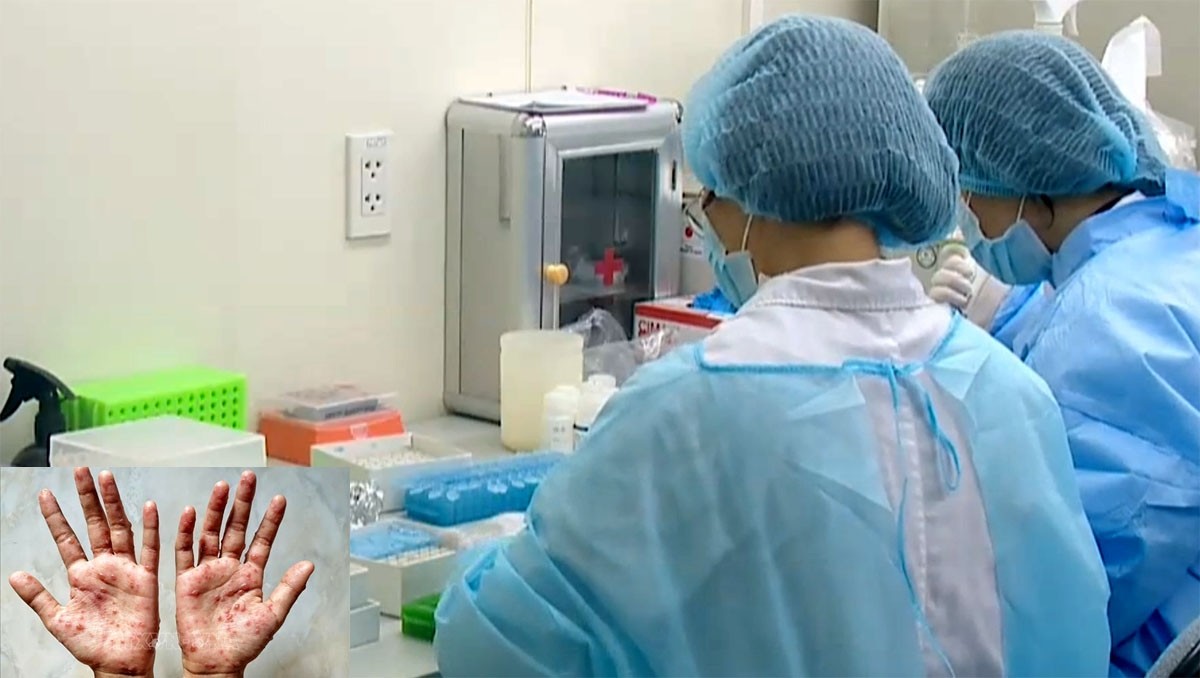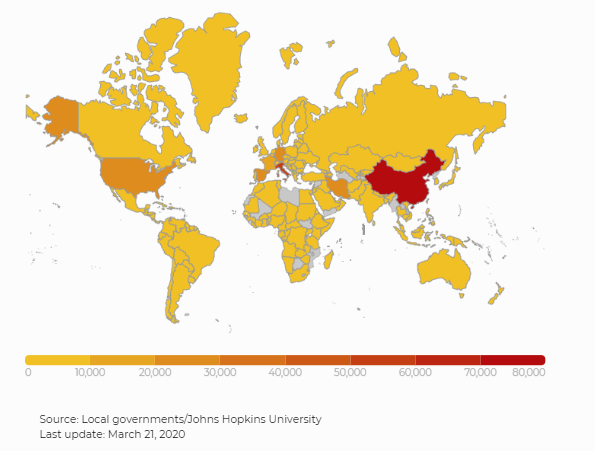Vietnams' Prevention and Control of Infectious Diseases Law
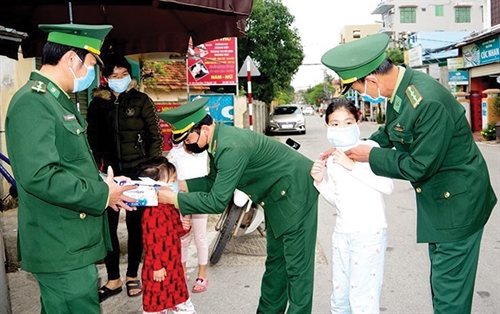 | |
|
The Law on Prevention and Control of Infectious Diseases (the Law) has created a legal basis for control of the transmission of dangerous diseases across borders as well as mutual assistance in fighting epidemics between Vietnam and other countries in the region and the world, according to Vietnam Law magazine.
The 2007 Law governs the prevention and control of infectious diseases, border quarantine, and epidemic combat. It does not regulate the prevention and control of human immunodeficiency virus (HIV/AIDS) because of its particularities, which may affect the Law’s enforceability, especially with regard to the declaration of cases of infection, isolation of infected persons in health establishments, health declaration upon entry or exit, and epidemic combat.
The Law provides some important policies to facilitate the prevention and control of diseases such as (i) prioritizing investment in building capacity of disease surveillance personnel and systems to detect infectious diseases and in researching and producing vaccines and medical biologicals; (ii) promoting scientific research, exchange and training of specialists and technology transfer; (iii) supporting medical attendance for persons suffering infectious diseases due to occupational risks and in other necessary cases; (iv) mobilizing financial, technical and human resources from the entire society; and (v) expanding cooperation with international organizations and other countries in the region and the world in epidemic control activities.
Infectious disease prevention and control activities are funded by the state budget, aid and other funding sources. Anti-epidemic support funds are formed with voluntary contributions and financial supports of domestic and foreign entities. These funds support the treatment of and care for persons suffering infectious diseases and other anti-epidemic activities.
Classification of infectious diseases
Under Article 3 of the Law, infectious diseases are classified into classes A, B, and C with specific names of diseases listed in each class. Class A consists of extremely dangerous infectious diseases which can transmit very rapidly and spread widely with high mortality rates or unknown agents. Class B includes dangerous infectious diseases that can be rapidly transmittable and fatal; and Class C embraces less dangerous and not rapidly transmittable infectious diseases. The Minister of Health has the competence to revise the list of infectious diseases of these classes.
Such classification facilitates education and communication on prevention and control of infectious diseases as well as selection of appropriate measures to prevent and control the diseases.
Recently on January 29, the Minister of Health issued Decision 219 adding the acute respiratory disease caused by novel coronavirus (SARS-CoV-2) to the list of Class-A infectious diseases as prescribed by the Law.
Declaration of epidemics
As required by the Law, all epidemics must be declared. According to the law-defined competence to declare epidemics, the Prime Minister will declare epidemics at the request of the Minister of Health, for class-A infectious diseases, which quickly spread from one province to another and seriously affect human life and health. The Minister of Health may declare epidemics at the request of provincial-level People’s Committee chairpersons, for class-A infectious diseases and some class-B infectious diseases which have been declared in two or more provinces and centrally run cities. Meanwhile, provincial-level People’s Committee chairpersons will declare epidemics at the request of directors of provincial-level Health Departments, for class-B and class-C infectious diseases. These persons have to issue decisions on epidemic declaration within 24 hours after receiving a request for epidemic declaration.
An epidemic declaration must contain the name of the epidemic; time, place and scope of occurrence of the epidemic; causes, ways of transmission, nature and danger of the epidemic; measures for preventing and controlling the epidemic; and health establishments that admit and treat persons suffering infectious diseases.
Persons competent to declare epidemics may declare the termination of epidemics. The termination of an epidemic will be declared when: (i) No new cases of infection are detected after a certain period of time and other conditions are met for each epidemic as stipulated by the Prime Minister; and (ii) anti-epidemic measures specified in Articles 46 thru 56 of the Law have been taken.
The declaration of epidemics and their termination must be public, accurate, timely and duly made. Mass media agencies are responsible for carrying accurate, prompt and truthful information after the declaration of an epidemic and declaration of the termination of an epidemic with proper details provided by competent state agencies in charge of health.
The Law also prescribes declaration of a state of emergency in case of epidemics.
Under Article 42, when an epidemic rapidly spreads on a wide area, seriously threatening human health and life and the national socio-economic situation, a state of emergency must be declared. The National Assembly Standing Committee has to issue a resolution to declare a state of emergency at the request of the Prime Minister. In case the Committee cannot meet immediately, the President will issue an order to declare a state of emergency. After the epidemic has been stamped out, the National Assembly Standing Committee or President will, at the request of the Prime Minister, issue a resolution or an order to terminate the state of emergency.
To implement the Law, on January 28, 2016, the Prime Minister issued Decision 02 prescribing conditions for declaration of epidemics and declaration of epidemic termination.
Regarding COVID-19, the Prime Minister issued Decision 173 on February 1, 2020, declaring the acute respiratory disease caused by the coronavirus disease an epidemic in Vietnam.
Border quarantine
To prevent the transmission of infectious diseases from overseas into Vietnam, border quarantine is compulsory for all people and vehicles entering, leaving or transiting Vietnam; goods imported into, exported from or transiting Vietnam; and corpses, remains, medical microorganic samples, biologicals, tissues and human body organs transported across Vietnam’s borders.
As per Article 36 of the Law, the above-mentioned objects must undergo medical declaration. Medical inspection includes inspection of health-related papers and physical inspection. Physical inspection is applied to objects originating from or going through epidemic zones or suspected of suffering an infectious disease or carrying agents of an infectious disease. Medical disposal is conducted after medical inspection has been conducted and objects of border quarantine are detected to carry agents of a class-A infectious disease. If receiving information from the vehicle owner or obtaining explicit evidences that persons or cargoes on board a vehicle carry agents of a class-A infectious disease, such vehicle and persons or cargoes on board must be isolated for medical inspection before performance of entry, import or transit procedures. If the isolation request is not complied with, a coercive isolation measure must be taken.
| Prohibited acts Article 8 of the Law prohibits the following acts: - Intentionally transmitting agents of infectious diseases; - Infected persons, persons suspected to be infected and pathogen carriers performing jobs likely to transmit agents of infectious diseases; - Concealing and failing to report or reporting not in time cases of infection; - Intentionally declaring or reporting untrue information on infectious diseases; - Discriminating against and publishing negative images of and information on infected persons; - Failing to apply or applying not in time measures for preventing and controlling infectious diseases prescribed by the Law; - Failing to comply with measures for preventing and controlling infectious diseases at the request of competent entities. |
 | Harvard's president and his wife test positive for coronavirus President Lawrence Bacow confirmed in a letter to students and faculty he and his wife, Adele Fleet Bacow, have contracted the novel coronavirus after nearly 10 days ... |
 | Malaysian son-in-law’s pure love for Vietnamese culture Saif Al din, from Malaysia, has fallen in love with Vietnamese culture and cuisine along with the love for his wife, Ngoc Mai, ready to ... |
 | Finland strengthens legal and judicial cooperation with Vietnam At the meeting between Deputy Director General of the Department of International Cooperation (Ministry of Justice) and Finnish Ambassado on March 3, both sides also discussed the ... |
Recommended
 Viet's Home
Viet's Home
Lai Chau National Assembly, People's Council Delegates Hold Dialogue with Children
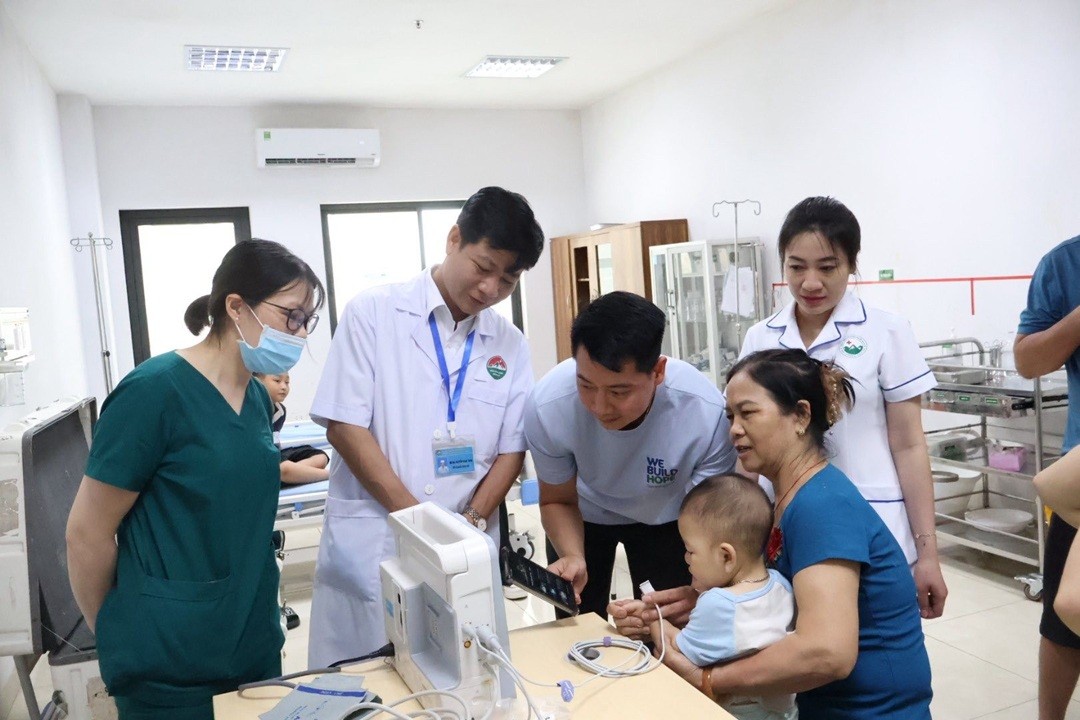 Viet's Home
Viet's Home
24 Children with Disabilities in Northern Provinces Received Free Surgery
 Viet's Home
Viet's Home
World Vision Promotes Comprehensive Nutritional Care for Vietnamese Children
 Viet's Home
Viet's Home
Hanoi, South Africa Strengthens People-to-people Exchanges, Expands Multi-sector Cooperation
Popular article
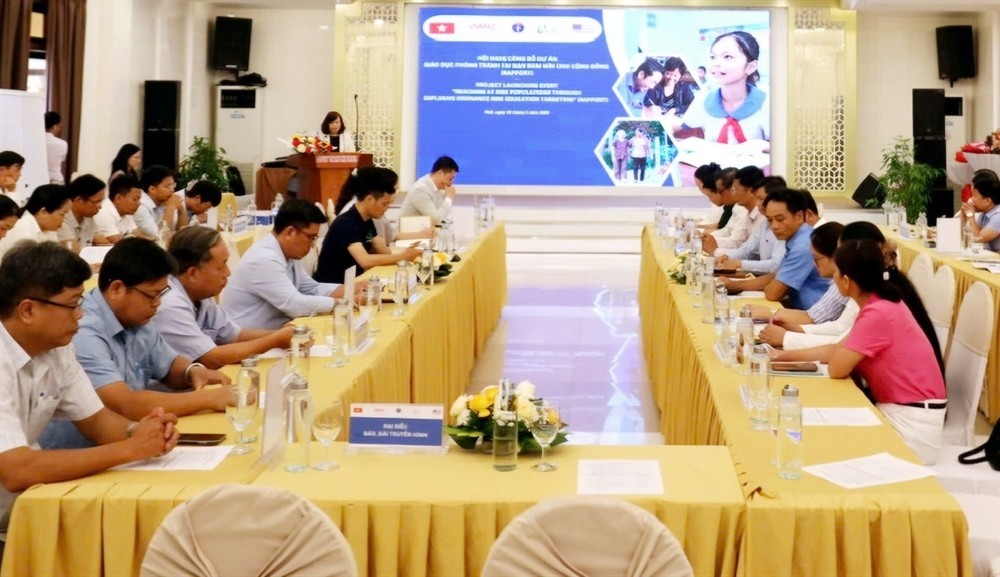 Viet's Home
Viet's Home
Hue City to Raise Awareness on Mine Accident Prevention
 Focus
Focus
Vietnam Leaves Imprints on the World Peacekeeping Map
 Viet's Home
Viet's Home
“Global Vietnamese Singing 2025” - Connecting Hearts Longing for Homeland
 Viet's Home
Viet's Home


